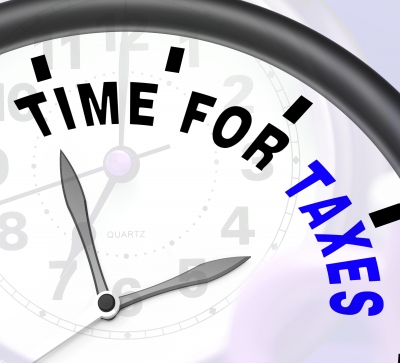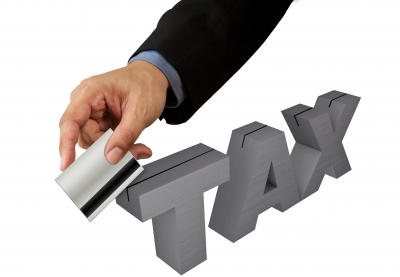Despite having millions in the bank, celebrities are just like everyday taxpayers and sometimes experience their fair share of tax woes. These 10 celebrities are well-known for their work on the big screen or in concert as well as the fact that they were charged with tax evasion.
Celebrities that Got Busted for Tax Evasion
Early Withdrawal from Your 401k: Consider the IRS Tax Penalties
I
f you're dealing with financial uncertainty, you may be tempted to dip into your 401k to boost your bank account. If you don't meet the IRS age requirements, though, you'll likely face tax penalties for early 401k withdrawal. What are these penalties? Is there any way you can avoid paying a 401k withdrawal penalty?
What Can IRS Revenue Officers Legally Do?
Most taxpayers, who have to contact the Internal Revenue Service, speak with IRS revenue agents. However, if you're facing a delinquent income tax bill, you may have to talk with an IRS revenue officer. These professionals have more authority than revenue agents, but there are limits on what they can do. Here's a look at what IRS revenue officers are and what collections tactics they can legally do.
Can You Be Fired for Wage Garnishment?
Wage garnishment is used to collect seriously delinquent obligations by deducting a percentage of earnings directly from an employee's paycheck. If you're facing a wage garnishment, it's important that you find out exactly what your rights are, so that you can protect yourself and prepare for any life changes that may occur if you are fired for wage garnishment.
Understanding the CP 523 Notice
Understanding the CP521 Notice
Do you have an existing installment agreement with the IRS? If so, you may find yourself on the receiving end of a CP521 notice on occasion. What does this notice mean? Should you take any action upon receiving a CP521 notice?
CP504 Notice: Take Action Immediately
Do you owe back taxes to the IRS? Are you seriously delinquent in repaying your balance? If so, you've probably already received quite a few written IRS tax notices from the agency. Dealing with an outstanding tax bill is never easy, but if you ignore or neglect your balance, the IRS can use forcible seizure to possess your assets and use them to clear up your account. By the time you receive a CP504 notice, you may not have much time to straighten your affairs. For this reason, you should take the CP504 notice seriously.
What Happens after You Receive a CP503 Notice?
What Are CP501 & CP502 Notices?
If you owe back taxes to the IRS, you may be watching your mailbox to see when the agency will contact you about your balance due. Fortunately, the IRS sends several written notices before taking legal action about your balance. If you've never received a written notice from the IRS, then chances are that your first contact with the agency will come in the form of a CP501 notice, which is generally followed by a CP502 notice. What are these notices? Should they concern you? Do you need to take any action after receiving one of these notices?
IRS Enforcement & Collections
If you get a CP71C notice in the mail from the Internal Revenue Service, you'll need to take a few minutes and read it thoroughly. While some written notices from the IRS can be fairly innocuous, the CP71C notice deserves serious attention. The steps you take after receiving the notice can either help or hurt both your account status with the IRS and your overall financial situation.
SUBSCRIBE VIA EMAIL
POSTS BY TOPIC
- Tax Tips and Help (285)
- IRS Collections (121)
- IRS Audit (72)
- Tax Credits and Deductions (70)
- Tax Resolution (62)
- Business Taxes (54)
- Back Taxes (48)
- Wage Garnishment (21)
- Tax Levies (19)
- IRS Payment Plans (15)
- Tax Liens (14)
- Offer in Compromise (9)
- Unfiled Tax Returns (9)
- IRS Tax Attorneys (7)
- Asset Seizure (6)
- Tax Evasion (6)
- Criminal Tax Defense (4)
- Innocent Spouse Relief (4)
- Alimony (1)











